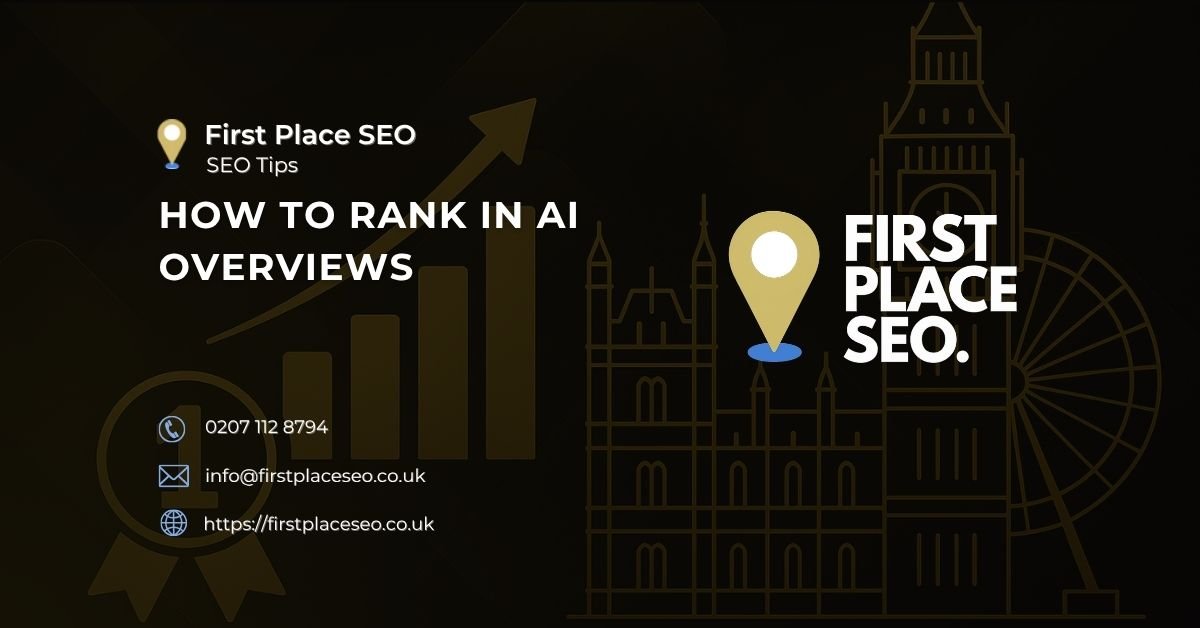What are AI Overviews and why are they shrinking so quickly?
AI Overviews are summary boxes generated by Google’s Gemini system to provide instant answers using trusted web content. But between 2024 and 2025, their presence declined drastically, dropping from 64 percent to just 7 percent of all search queries. This change is linked to a sharp drop in feature trigger rates and visibility enhancement signals.
Here's What We Have Covered In This Article
The rise and retreat of AI Overviews
Google introduced AI Overviews, also called the Search Generative Experience (SGE), to deliver fast, summarised answers. These are built using Gemini and the Knowledge Graph to pull content from top ranking sources. By mid 2025 they had become far less common. Reports from Business Insider and others point to reliability issues, trust gaps, and system refinements as key reasons.
Why visibility dropped from 64% to 7%
To maintain quality, Google reduced how often AI Overviews appear. Only pages that meet high standards for clarity, structure, and trustworthiness are eligible. If a site lacks authority or has unclear formatting, it is likely excluded. Many websites have seen steep visibility losses, making it more important than ever to follow best practices.
Pro Tip : Use real questions from your target audience as H2s. Gemini prefers content that mirrors user queries directly.
Struggling to Get Featured in AI Overviews?
Let us optimise your site so Gemini sees you as the authority. No guesswork—just smart content alignment.
How Gemini and the Knowledge Graph decide what to show
Gemini, Google’s large language model, ranks content by evaluating structure, meaning, and relevance using techniques like embeddings, entity linking, authority mapping, and content scoring logic.
Gemini’s content selection model explained
Gemini checks how closely your page fits the query using cosine similarity and semantic mapping. It rewards content that provides clear answers with consistent structure and strong alignment to user intent. Pages that meet the AI ranking signals, demonstrate query coverage, and follow the expected utility first format are prioritised.
Role of the Knowledge Graph and web indexing
Content that is linked to recognised topics in the Knowledge Graph gets prioritised. Gemini uses this data to assess credibility and topical fit. Adhering to guidance from Google Search Central and ensuring full indexation are essential. For more details,
What types of content AI prefers: intent, clarity, and utility
Content that addresses real questions clearly and helpfully stands out. Gemini favours utility over fluff.
Aligning content to search intent for AI relevance
Match your writing to the actual question people are asking. Long tail keywords and clear headings help, but the main goal is to offer a direct and useful response. Structuring your answer with clear query coverage helps signal intent satisfaction.
The utility first writing style AI summarisers prefer
Keep your points easy to find and follow. Use semantic headings, short sections, and straightforward language. Predict follow up queries and organise your page to support them. Gemini’s NLP parsing benefits from clarity scoring and semantic fit.
Make it scannable: formatting for AI with lists, FAQs, and short answers
Gemini selects content that is structured for speed and clarity. Good formatting helps both machines and people.
The power of bullet points, Q&A blocks, and headers
Bullet points, FAQs, and short Q&A formats make your content easier to parse. Using JSON LD schema boosts visibility in AI Overviews. A strong HTML hierarchy improves both machine parsing and readability format.
Short form content that gets picked first
Keep answers concise and properly formatted using HTML structure. Brief summaries under 50 words work well. AI favours short answer length and direct phrasing.
Pro Tip: Pages with outbound citations to structured data sources like Wikidata consistently outperform generic info pages.
.
Add schema that speaks AI: FAQ, HowTo, QAPage, and more
Schema helps AI understand your content more accurately. The right markup improves your chances of being selected.
Top schema types AI reads best
FAQPage, HowTo, and QAPage schema types map directly to Google’s rich result expectations. These formats also align with AI parsing systems and contribute to AI Overview eligibility.
How to use FAQ, HowTo, and QAPage for AI eligibility
Apply your schema correctly, then validate using the Rich Results tool. Make sure your markup matches your visible content. Structured data validation is essential to boost inclusion.




